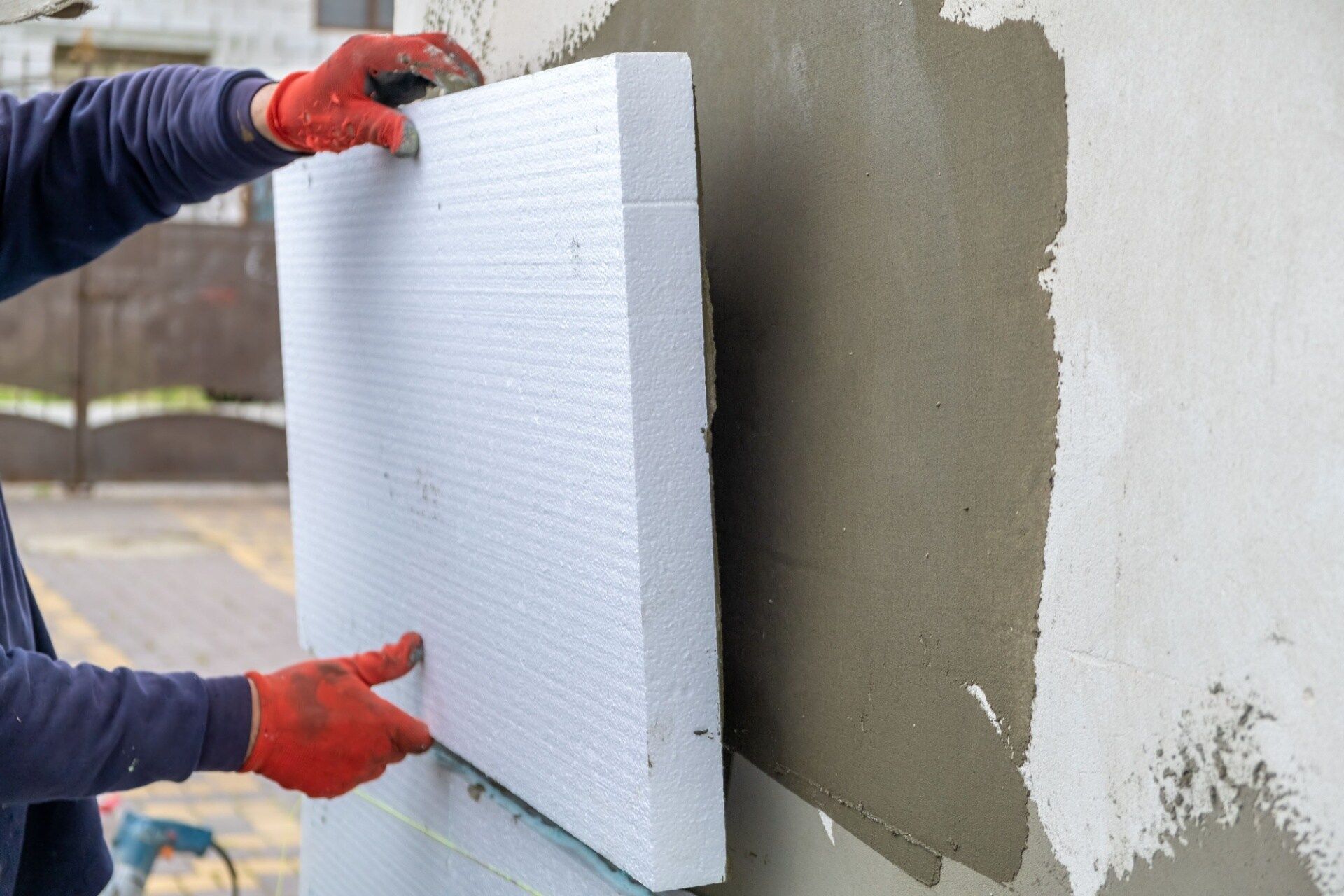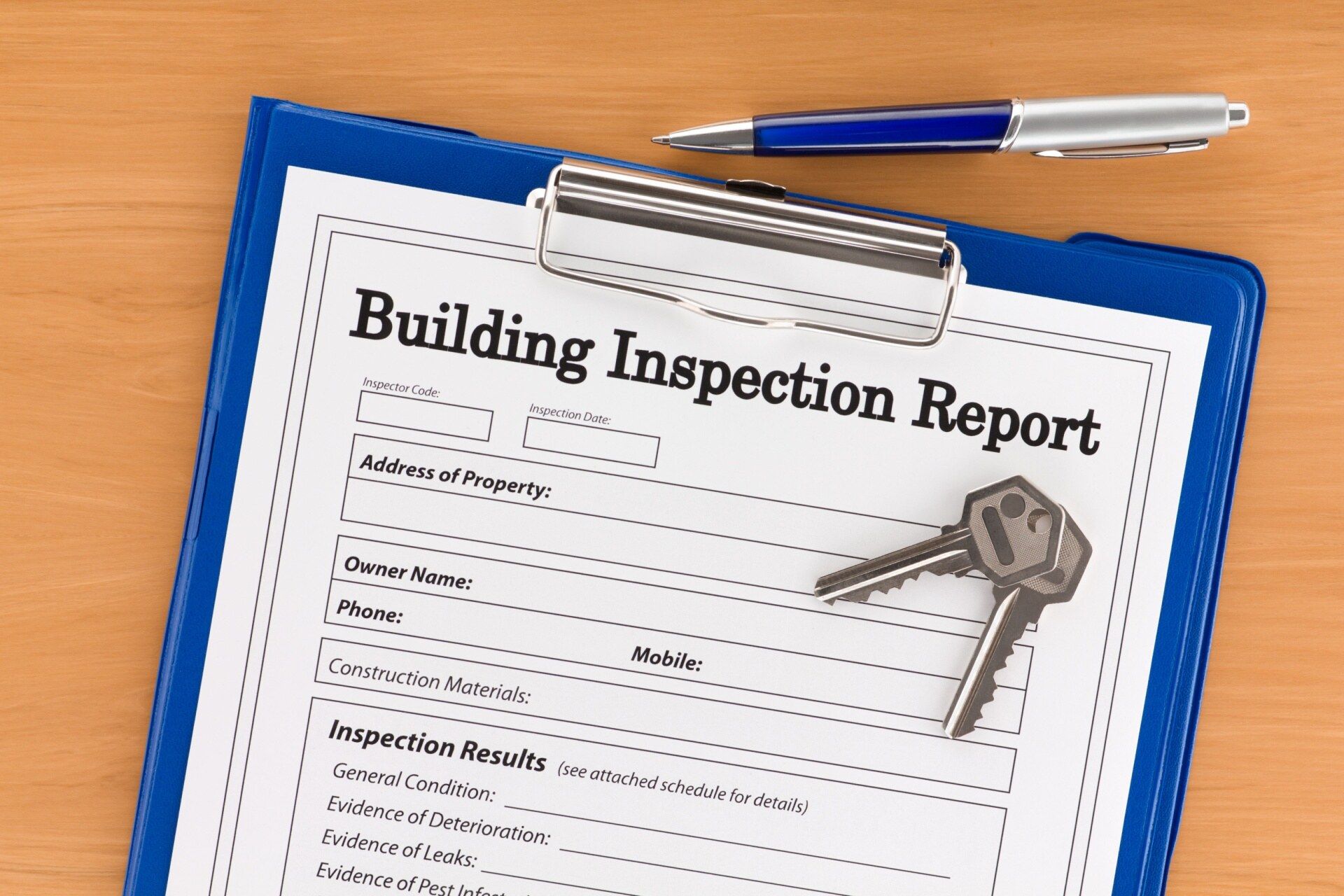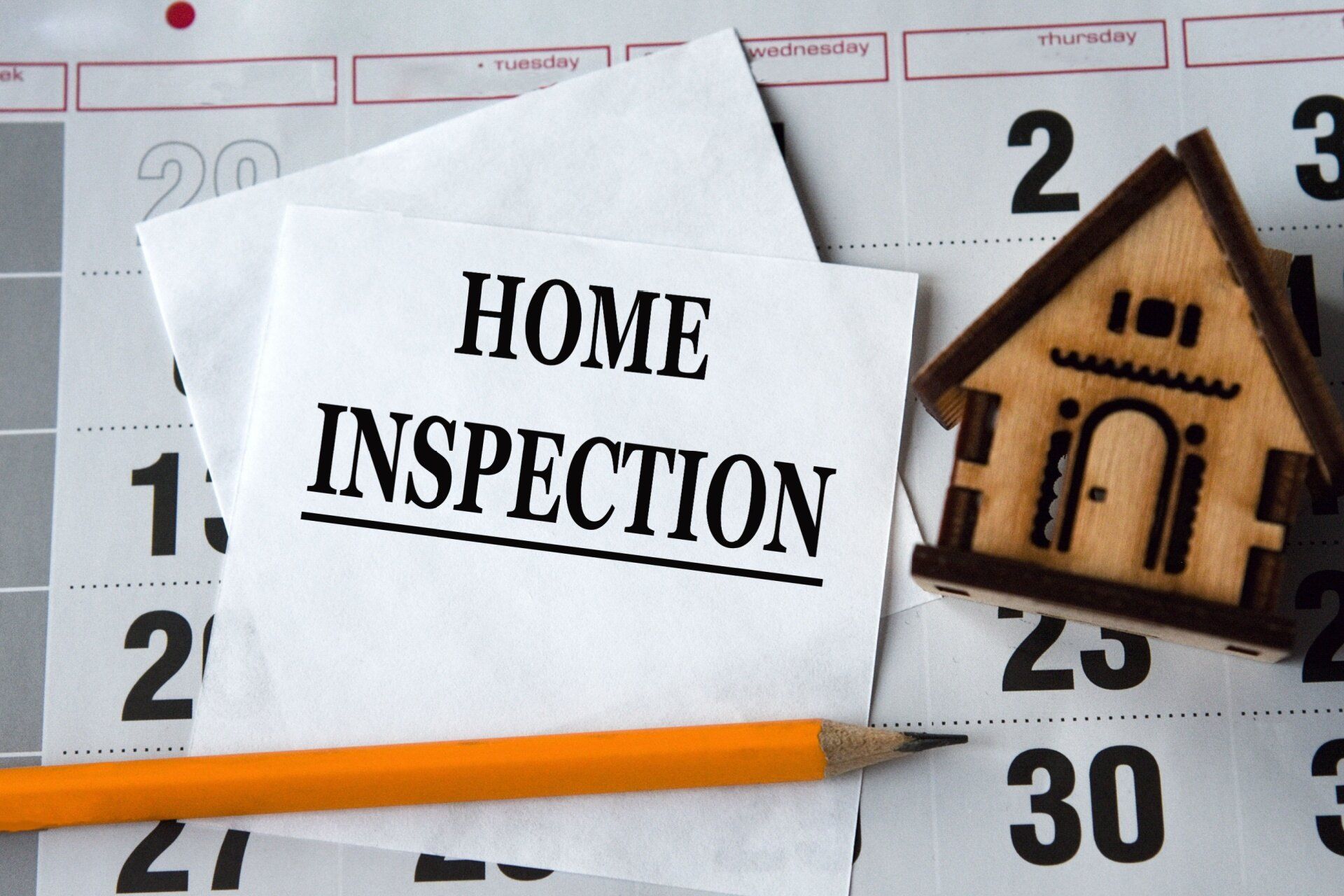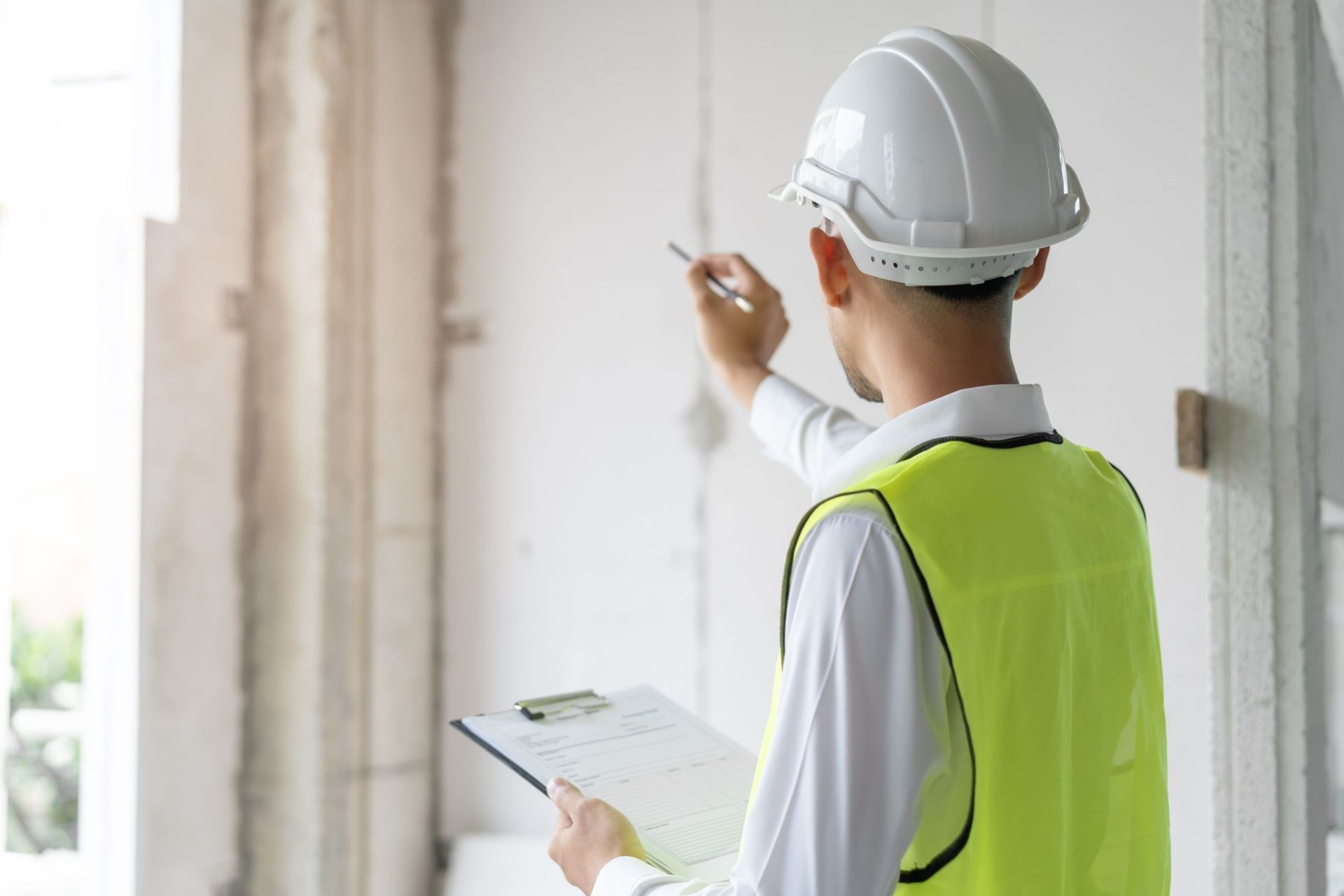How Long Does A Typical Home Inspection Take?
When you're in the process of buying or selling a house, a crucial step to consider is the home inspection. This thorough inspection of the property provides insights into its condition, aiding buyers in making informed decisions. Have you ever wondered how long a typical home inspection lasts? In this article, we'll delve into the factors that impact the duration of a home inspection, what to anticipate during the inspection, and how the inspection cost is determined.
What Does a Home Inspection Entail?
A
home inspection involves an evaluation of a property's condition carried out by a certified inspector. The inspector assesses components of the house, such as its structure, roof, foundation, plumbing, electrical systems, and more. The primary aim is to uncover any existing or potential issues that could impact the property's value or safety.
Factors That Affect Home Inspection Duration
Numerous factors play a role in determining how long a home inspection will take. Understanding these factors can assist you in preparing for the inspection and managing your expectations.
1. Property Size: The size of the house is among the determinants influencing the duration of an inspection. Larger homes with footage, multiple stories, or expansive outdoor spaces will naturally require more examination time than smaller properties.
On average, a typical home inspection for a single-family house usually lasts 2 to 3 hours; however, if the property is more significant or has features like pools or detached structures, the inspection might take longer.
2. Age of the Property: Older homes often have wear and tear and potential issues that require examination. Inspectors may need time to assess these aspects accurately. In contrast, newer homes tend to have problems resulting in inspection times.
3. Condition of the Property: The overall condition of a property can influence how long an inspection takes. Maintained homes in good condition typically require less time for inspection. On the other hand, properties with damaged or neglected maintenance will take longer as inspectors document all findings and recommendations.
4. Complexity of Systems: Homes with systems like HVAC systems, solar panels, or smart home technology may need additional time for a detailed inspection. Inspectors must ensure that these systems are functioning correctly and meet safety standards.
5. Accessibility: Inspectors must have access to all home areas, including attics, basements, crawl spaces, and external structures.
Inspection might take longer if areas or places require tools to be reached. Homeowners can help speed up the process by ensuring these areas are easily reachable before the inspection starts.
6. Inspectors Expertise:
The experience and effectiveness of the inspector can impact how long the inspection lasts. Skilled inspectors can often spot issues swiftly. May finish the inspection faster than less experienced ones.
What to Anticipate During a Home Inspection
Knowing what occurs during a home inspection can assist you in getting ready for the process and understanding what to watch out for in the inspection report.
1. Exterior Inspection
The inspector will begin by assessing the house's exterior and inspecting the state of the roof, siding, windows, doors, foundation, and landscaping. They will search for signs of damage, aging, and potential problems that could arise in the future.
2. Interior Inspection
The inspector will scrutinize the house's structure, Walls, ceilings, floors, and stairs. Major systems include plumbing, electrical work, heating, ventilation, and air conditioning (HVAC). The aim is to pinpoint defects, safety hazards, or areas needing maintenance or repairs.
3. Attic and Basement
The attic and basement reveal issues related to insulation, ventilation, moisture, and the structural integrity of a property. During the inspection, the inspector will look for indications of water damage, mold presence, pest infestations, and other potential concerns.
4. Appliances and Fixtures
When it comes to appliances and fixtures within the home, the inspector will evaluate their condition and functionality. This assessment covers the water heater, kitchen appliances, bathroom fixtures, and integrated systems.
5. Comprehensive Report
The inspector will furnish a report summarizing their observations after the inspection process. This
inspection report will include descriptions of identified issues accompanying photographs for reference purposes and recommendations for repairs or further assessments. It serves as a tool for buyers and sellers to understand property and make decisions.
Key Factors Impacting Home Inspection Expenses
The cost associated with a home inspection can vary depending on factors such as property size, location specifics, and complexity of system examinations. On average, expenses for single-family home inspections typically fall within the range of $300 to $500. However, more significant properties or those with features may incur inspection costs. Below are the key factors that are impacting home inspection expenses:
1. Property Size: Larger homes necessitate inspection durations leading to potential cost increments. The home inspector will need to check parts and systems, which could result in a total cost.
2. Age and Condition: Older properties or homes that are in shape might require a thorough inspection, leading to increased fees. Inspectors must dedicate time to identify and document issues in these types of properties.
3. Location: The cost of living and the demand for inspection services in an area can impact the cost. Properties located in bustling areas or regions with high inspection demands may incur charges.
4. Additional Services:
Certain inspections may necessitate services like radon testing, mold inspections, or termite assessments. While these services increase costs, they provide insights into the property's condition.
Summary
A typical home inspection for a single-family home usually lasts 2 to 3 hours; however, this timeframe can vary based on property size, age, condition, and complexity. Understanding what to anticipate during a home inspection and the factors influencing costs can assist both buyers and sellers in preparing for this step in the real estate process.
Here at
Protec Inspections, we offer home inspection services to aid you in making informed decisions about your property. Our seasoned inspectors conduct inspections in Maryland, Pennsylvania, Washington DC, and Virginia. Deliver detailed reports to equip you with all necessary information. Contact us now to book your home inspection and discover more about our offer.
Disclaimer: The information on this website and blog is for general informational purposes only and is not professional advice. We make no guarantees of accuracy or completeness. We disclaim all liability for errors, omissions, or reliance on this content. Always consult a qualified professional for specific guidance.





